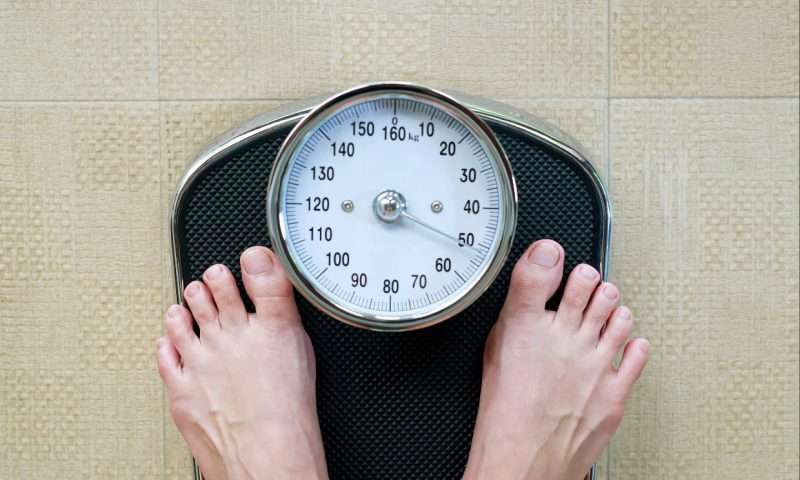Sex is a hugely important part of our relationships and lives in general. However, sometimes you can become unable to achieve or maintain an erection that is sufficient for intercourse. This can be worrying and embarrassing, but it actually happens to a lot of men.
The Journal of Sexual Medicine reports that nearly a quarter of men in the US (24.2%) suffer from erectile dysfunction (ED) at some point. We’ve teamed up with the good people at Hims – who can provide access to a doctor-approved personalized care plan that stays 100% online – to help you if you have experienced or are experiencing ED.
The chances are that, with a mixture of medical treatment and lifestyle adjustments, you can manage it and have a fruitful sex life. This article explains more.
Erectile Dysfunction Tips
There are many possible reasons behind erectile dysfunction, so make sure you consider what it is that might be affecting you in the bedroom. These tips help create the right conditions, environment and headspace to overcome your ED.
- Maintain a Healthy Weight:
Obesity is a significant risk factor for ED. Keeping your weight in a healthy range can reduce your risk of developing erectile dysfunction and improve overall health.
- Exercise Regularly:
Aim for at least 30 minutes of moderate physical activity most days of the week. Exercise improves cardiovascular health, which is essential for erectile function.
- Eat a Balanced Diet:
Focus on a diet rich in fruits, vegetables, whole grains, and lean proteins. A heart-healthy diet can improve blood flow and reduce the risk of ED.
- Limit Alcohol Consumption:
Excessive alcohol intake can impair sexual performance and contribute to ED. Drink in moderation or avoid alcohol altogether.
- Quit Smoking:
Smoking damages blood vessels and restricts blood flow to the penis. Quitting smoking can improve erectile function and overall health.
- Manage Stress:
Chronic stress can negatively impact sexual performance. Practice stress management techniques such as mindfulness, meditation, or deep breathing exercises.

- Get Enough Sleep:
Poor sleep can lead to fatigue and stress, which can contribute to ED. Aim for 7-9 hours of quality sleep each night.
- Stay Hydrated:
Dehydration can reduce blood volume and circulation, potentially affecting erectile function. Drink plenty of water throughout the day.
- Monitor Your Blood Pressure and Cholesterol:
High blood pressure and high cholesterol can damage blood vessels and reduce blood flow to the penis. Regular check-ups and managing these conditions can help prevent ED.
- Limit Pornography Consumption:
Excessive consumption of pornography can lead to unrealistic expectations and reduce sexual satisfaction. Consider moderating your use to maintain a healthy sexual relationship.
- Communicate with Your Partner:
Open communication about your sexual health and any concerns you may have can reduce anxiety and improve your sexual relationship.
- Seek Help for Mental Health Issues:
Anxiety, depression, and other mental health issues can contribute to ED. Don’t hesitate to seek professional help if you’re struggling with mental health challenges.
- Get Regular Medical Check-Ups:
Regular health screenings can help detect early signs of conditions that might contribute to ED, such as diabetes or cardiovascular disease.
- Seek out clinically-proven treatments
Visit the Hims website to find out about the treatments they offer access to for ED. You don’t need to visit an office or clinic, it’s all carried out online with medical professionals advising on the treatment that works for your individual situation
Ready to Tackle Your Erectile Dysfunction?
Hims’ offers access to expert medical providers who are ready to provide you with a personalised solution. It could be daily pills or those that you take before sex, hard mints, chews, branded Cialis or Viagra, or the generic versions featuring Tadalafil or Sildenafil, the active ingredients that give you the treatment you need.
*Hard Mints is a chewable compounded product and has not been approved by the FDA. The FDA does not verify the safety or effectiveness of compounded drugs. Prescription products require an online consultation with a healthcare provider who will determine if a prescription is appropriate. Restrictions apply. See website for full details and important safety information.







